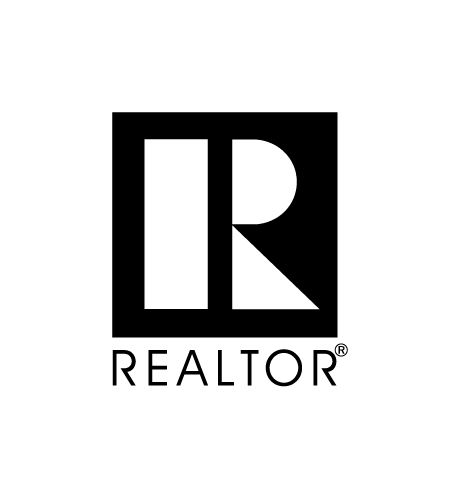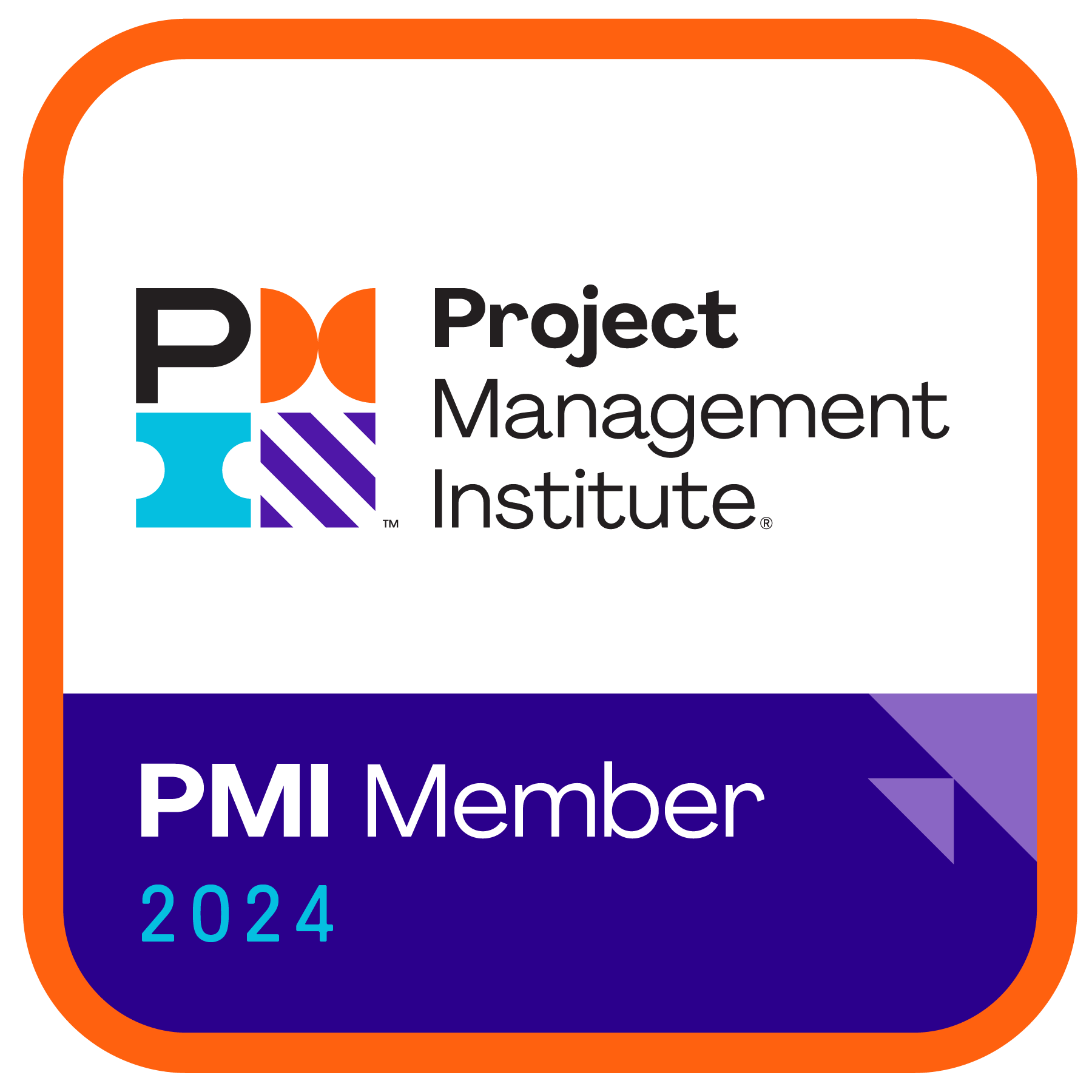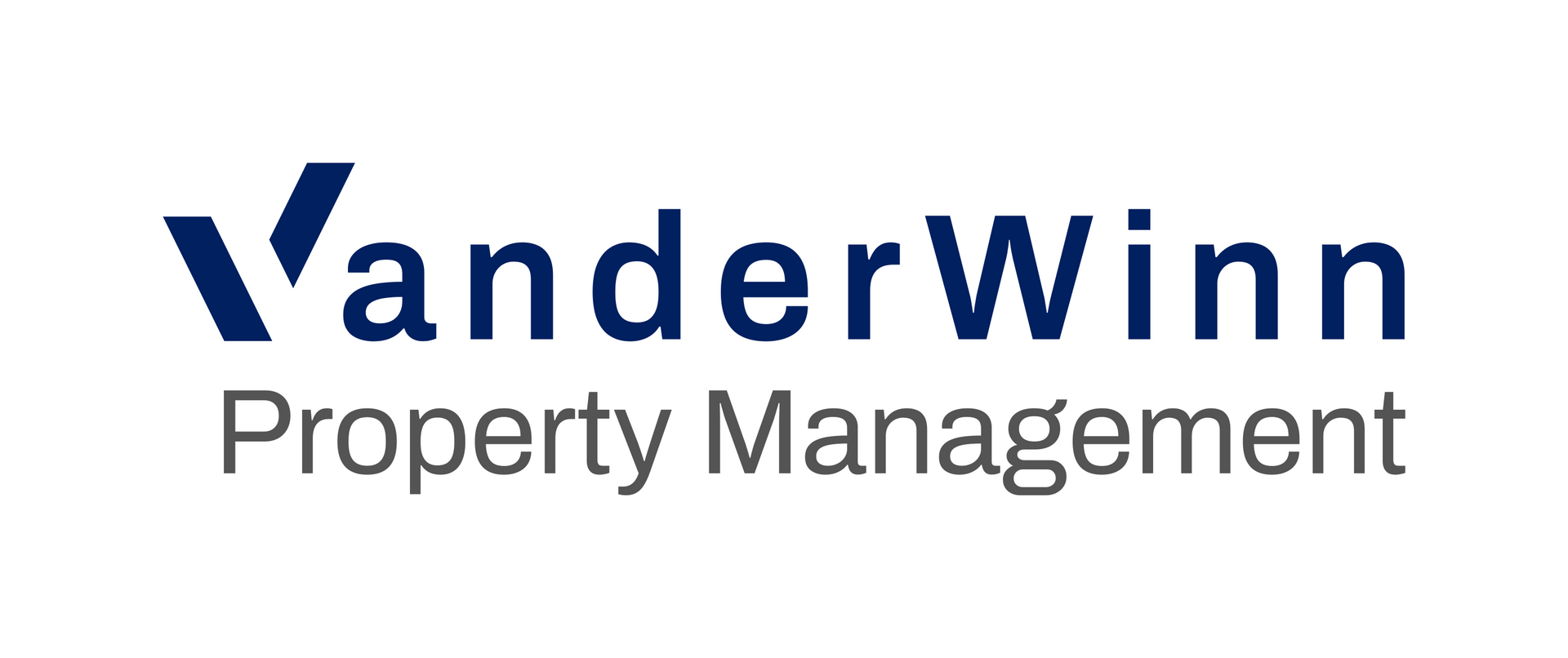
By Donny Nguyen
•
October 11, 2024
Property management plays a crucial role in maintaining the value of real estate investments, ensuring smooth day-to-day operations, and fostering good relationships between property owners and tenants. Whether you’re a real estate investor, a landlord, or someone thinking about entering the property market, understanding what constitutes good property management is essential for long-term success. Here's a breakdown of the key aspects of effective property management. 1. Clear Communication and Transparency Good property management begins with clear, consistent communication. Whether dealing with tenants, contractors, or property owners, timely and transparent communication is key. Property managers should ensure: Regular updates on property status. Prompt responses to tenant inquiries and issues. Clarity on lease terms, rent collection procedures, and policies. Communication also extends to managing expectations. Tenants need to know the process for reporting maintenance issues, what to expect in terms of property upkeep, and what their responsibilities are. 2. Efficient Maintenance and Repairs Maintaining the physical condition of the property is one of the most important responsibilities of a property manager. Good management involves: Proactive Maintenance : Conducting regular inspections to address wear and tear before they become major issues. Timely Repairs : Quickly responding to any repair requests to avoid tenant dissatisfaction and further damage to the property. Trusted Contractors : Working with reliable contractors who offer quality work at reasonable prices is key to maintaining the property’s condition and the investor's budget. An efficient system for logging and addressing maintenance issues ensures that both tenants and property owners are satisfied with the level of care provided. 3. Effective Tenant Screening A successful rental property starts with finding the right tenants. Good property management involves a thorough tenant screening process to: Ensure the applicant has a stable income and is capable of paying rent consistently. Conduct background checks to minimize the risk of legal issues or problematic behavior. Check references from past landlords to gauge the tenant’s reliability and behavior in previous rentals. By taking the time to vet prospective tenants, property managers can reduce turnover, protect the property from damage, and foster a harmonious living environment. 4. Rent Collection and Financial Management Rent collection can be one of the more challenging aspects of property management, but a good manager will have systems in place that make it easy for tenants to pay on time. Features of effective rent collection include: Multiple Payment Options : Offering options such as online payments, bank transfers, or automatic deductions can make the process more convenient for tenants. Clear Penalties for Late Payment : Outlining consequences for late or missed payments and adhering to them helps reduce rent arrears. Transparent Financial Reporting : Property managers should provide regular financial statements to property owners, detailing rent collected, operating expenses, and profits. This transparency builds trust and ensures the property owner knows how the investment is performing. 5. Legal Knowledge and Compliance Property management is also about ensuring compliance with local, state, and federal laws. Good property managers must stay up to date with: Fair Housing Laws : Ensuring that tenants are treated fairly and not discriminated against based on race, gender, religion, or other protected characteristics. Health and Safety Regulations : Keeping the property in a condition that meets safety codes, like ensuring smoke detectors are functional and emergency exits are clear. Lease Agreements : Drafting clear lease agreements that protect both the property owner and the tenant, ensuring they comply with local laws and include all necessary terms and conditions. Being aware of legal requirements and changes ensures that property managers avoid costly legal disputes and fines. 6. Conflict Resolution Issues between tenants and landlords, or between tenants themselves, are inevitable. A good property manager acts as a mediator and problem solver, addressing conflicts promptly and professionally. Whether it's disputes over noise, rent payment, or damage claims, a property manager should be able to resolve issues in a way that is fair and efficient for all parties involved. 7. Marketing and Tenant Retention Property management is not just about maintaining a property, but also about ensuring that it is continuously occupied by quality tenants. This involves: Effective Marketing : Using various platforms and strategies to advertise available units. Creating appealing listings with high-quality photos, detailed descriptions, and competitive rental pricing can attract the right tenants. Tenant Retention Strategies : Retaining good tenants is more cost-effective than constantly finding new ones. Property managers can retain tenants by maintaining a positive living environment, addressing concerns quickly, and offering renewal incentives such as minor upgrades to the property or flexible lease terms. 8. Maximizing Property Value Ultimately, property management should contribute to increasing or maintaining the value of the property over time. This involves smart decision-making about improvements, rent adjustments, and tenant turnover. By managing these aspects effectively, property managers can ensure that the property remains a valuable and profitable asset for the owner. Conclusion Good property management is a combination of communication, maintenance, legal knowledge, and financial acumen. It requires the ability to juggle tenant relationships, property upkeep, and regulatory compliance while always keeping the property owner’s interests in mind. Whether you’re hiring a property manager or managing your own properties, these principles will help ensure success in real estate investment.



Menu
Resources
Contact
Email: info@vanderwinn.com
Phone: (616) 929-0295
Address: 1971 E Beltline Ave NE Ste 106-213, Grand Rapids, MI 49525
Copyright © VanderWinn Property Management | Powered by DoorLoop
